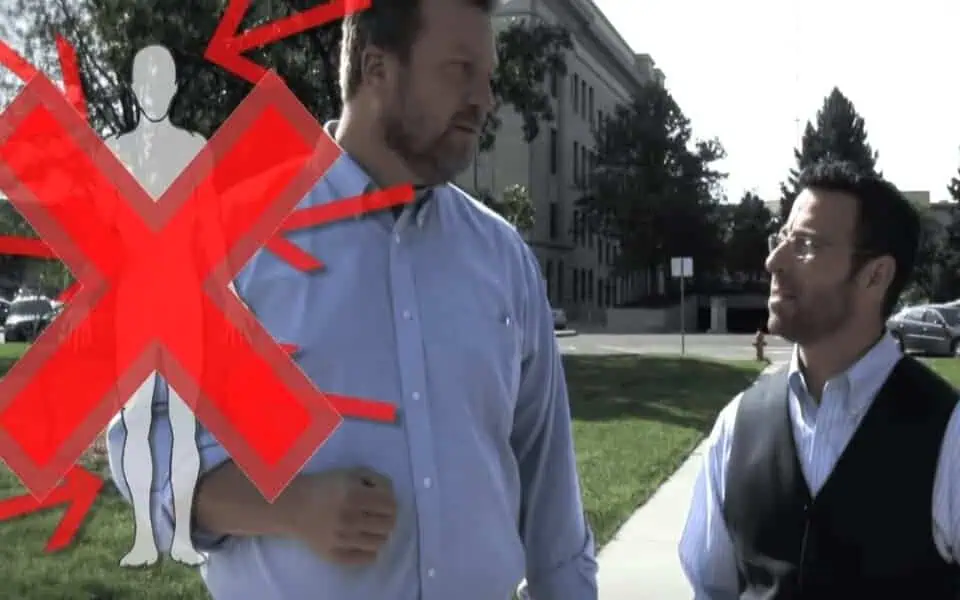When submitting a claim for Workman’s compensation the first appointment with your doctor is the most important one of all.
So much gets determined there, and what gets said and not said at that visit can affect the entire claim.
Be specific.
If you’re not specific about exactly what you hurt at work that day or that evening, it can cause the entire claim to be dropped. If you injured your back and you failed to report that you injured your back, but you stated that you also hurt your knee, the carrier will immediately deny any type of back claim a week or two down the line.
You have to be specific about how you complain of pain. Don’t say “I hurt all over, my entire back hurts.” Instead give definite information such as, “I have acute pain in my low back. I have radicular symptoms, which is numbness and tingling going down my legs.” There have been cases that revolved around, “Did she complain of pain inside her knee or outside of her knee? Because if it was pain outside of the knee, then I don’t think that this tear was related.”
When talking to your doctor about your pain and injury you do not have to use medical terms. Being as specific as possible is enough. “Look, my legs are numb,” or, “My left leg is numb,” or “My right leg hurts more than my left.” Being vague will not get you good treatment because the doctors will not know what to treat at that point in time.
Give complete information.
What body parts did you injure? Don’t fall into the trap of, “Well, it’s my back that’s really hurting. The knee isn’t hurting that much, I’m not going to report the knee.” Make sure you list every part of your body that is hurting at all. It is very important that you do this at every visit.
Make sure everything is documented.
Make sure the doctor you are seeing is actually writing everything down. The best way to make sure your injuries are documented is to ask for a pain diagram. Pain diagrams are virtually just a piece of paper that has a figure, a person figure on it, and it requires you to mark the places that you hurt. It is a great way to show your doctor where you hurt yourself at work that day.
If your doctor doesn’t have a pain diagram, a list on your intake sheet asking about where you hurt and your pain level is also very important. As legal representation we need the documentation whether you were there in the emergency room or doctor’s office that says in writing, the patient says, “Lifting at work and felt pain.” Or, “Patient tripped at work and this is what happened.” We need something in the history that says, “This happened at work.” Because if it’s silent or worse yet, you think you’re going to do the employer a favor by just saying, “Well, I hurt it at home,” your case is going to get denied.
Learn more about reasons claims are denied here.
Be honest and truthful.
When you first appear in front of a doctor, this is a time to be honest, truthful about exactly what happened at work and how you injured yourself, and what body parts you injured. It’s a time to describe the injury and describe it to the best of your ability. Just don’t try to be too specific and guess things that you don’t know. If you don’t know what you were lifting weighs, don’t say, “I think it was 80 pounds.” Just say, “It was heavy. I don’t know how much it weighed. It weighed a lot.” We’ve had cases where somebody said, “I was lifting 80-pound bags,” and the employer comes back and says, “No, these were only 30-pound bags,” and now we’re off to court, fighting over something we didn’t have to because the worker guessed.
Can we help you?
Contact Kaplan Morrell, the Workers’ Comp experts in Colorado, if you have a Workers’ Comp question at (303) 780-7329 or via our contact form here. Our team of Workers’ Comp professionals will be happy to answer your questions so you are prepared during the Workers’ Comp process.


